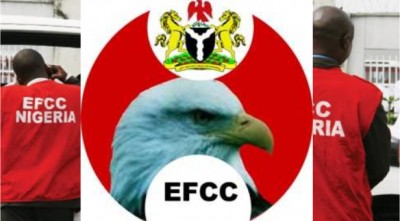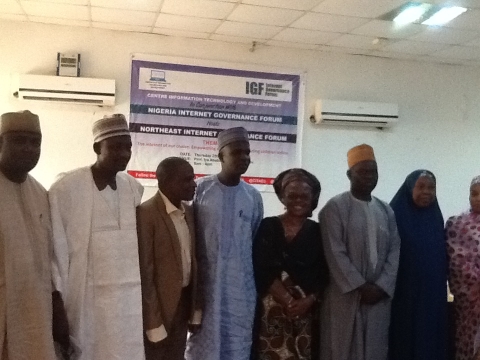CITAD, Takes Education To Rural Communities In Northern Nigeria
A Nigerian NGO, Centre for Information Technology and Development, CITAD, has taken a formal education to Shara, a rural community in Sumaila local government area of Kano state, northwest Nigeria, donating books and school uniform to pupils learning under a tree.
Prior to CITAD intervention, no child in Shara community has had formal education. Now, children in the community are being taught basic literacy skills by volunteer teachers.
“We are grateful to CITAD helping us get a school and for giving us uniforms, exercise books and learning materials,†Usman Sama’ila, a beneficiary, said.
The community inhabitants were opposed to western education, CITAD, and Sitti Forum, a community-based organization, consultation with the community led to advocacy that made the community accept formal education. Mr. Saidu Saleh Sitti, the chairman of Sitti Forum said.
CITAD works to improve education in the northeast Nigeria. In Kano, the NGO has done enormous work in Dawakin Tofa, Garun Mallam and Sumaila local government areas.
In communities where CITAD works, it introduces a community-driven initiative that enhances education. It says that the reason for the community driven initiative is that the government alone cannot handle education and community contribution is central to education sustainability in the community.
Part of the CITAD core focus is to improve school enrollment and retention. Mr. Sabo Aliyu, the Sumaila local government education secretary confirms, the local government authority will be complementing CITAD by building classrooms for the pupils and accommodation for the volunteer teachers.
Mr. Bakari Hussaini, the Special Adviser to Mr. Abdullahi Ganduje, the Kano state Governor on education, confirmed the state government will implement free and compulsory education policy at all level to ensure inclusive education in the state. This is primarily to sustain the work CITAD does in education.
CITAD, Takes Education To Rural Communities In Northern Nigeria














